After a motorcycle accident, your first steps should be aimed at getting to safety, seeking medical attention,

Blog
Blog
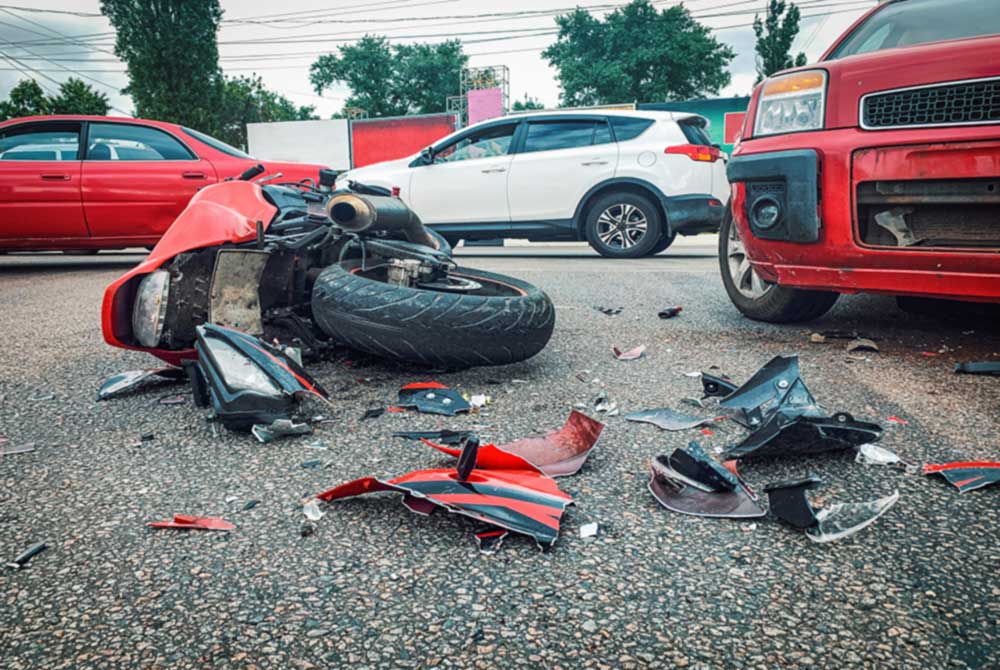
Blog
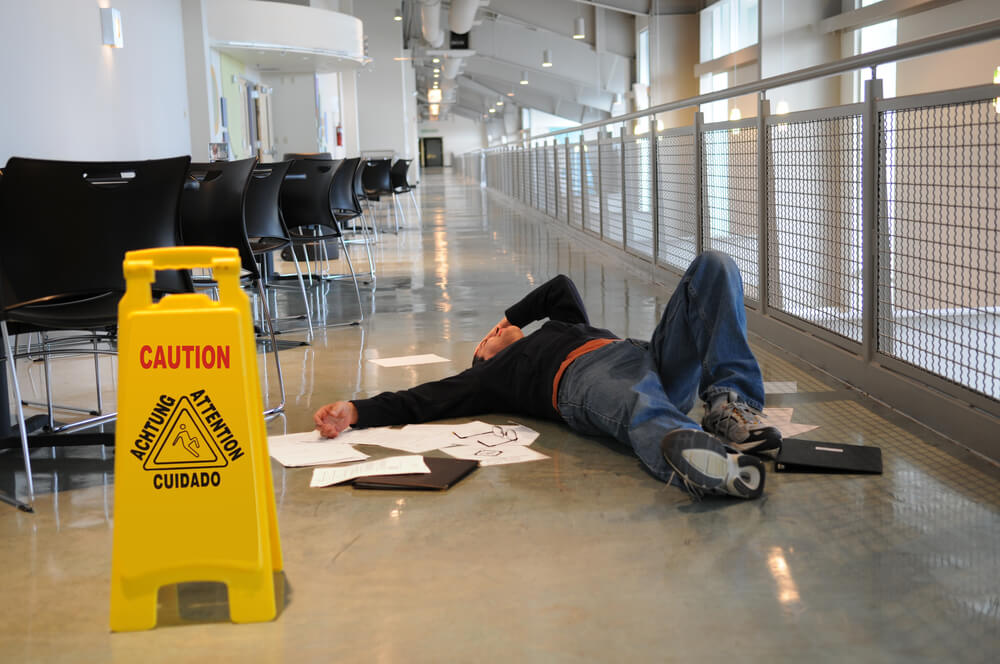
Immediately after a slip and fall incident, prioritize your safety and seek medical attention in a timely
Blog
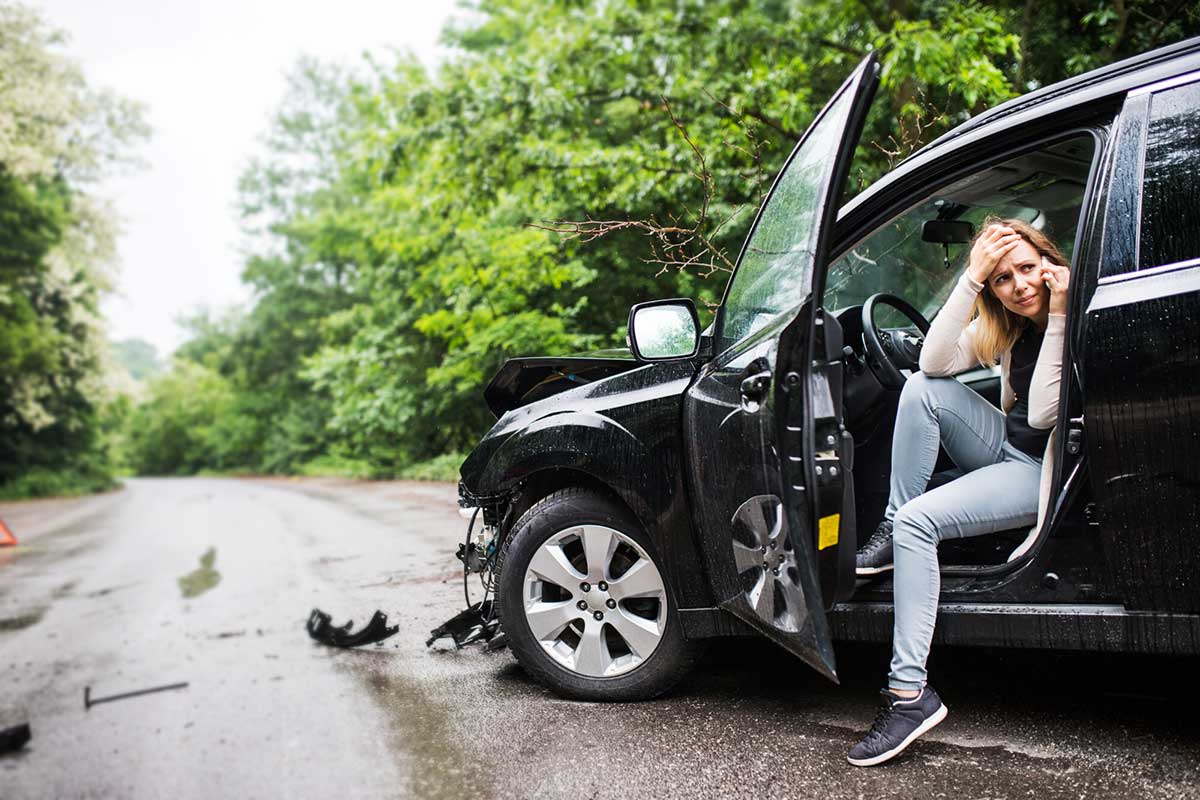
After being involved in a motor vehicle collision, the most frequently asked question that our legal
Blog
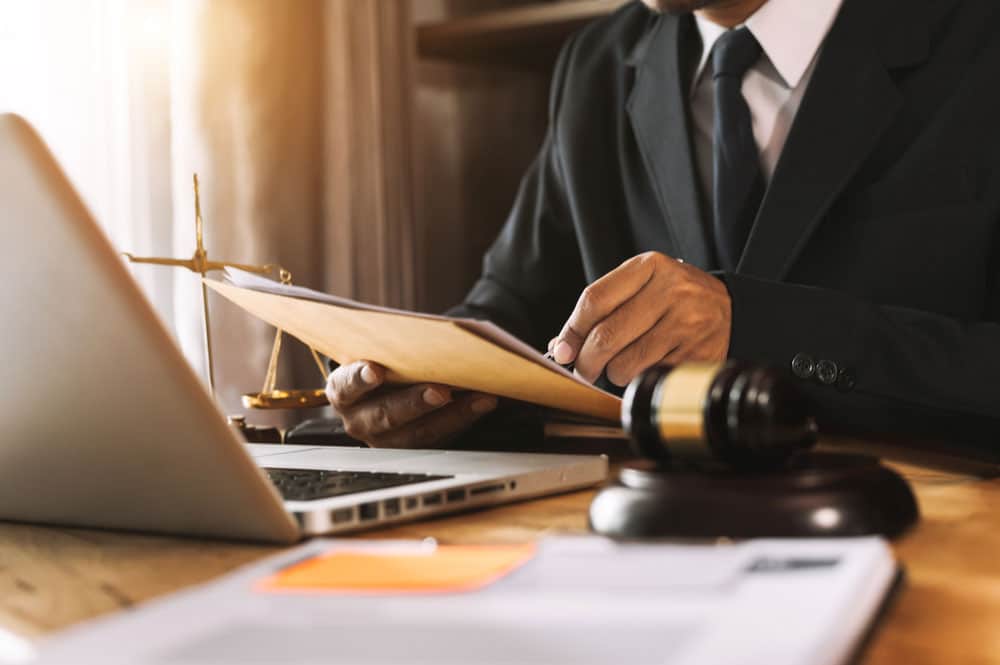
Each year, millions of Americans suffer injuries in accidents or from someone else’s actions. This
Blog

When you file a personal injury claim, it is only natural to wonder how long it takes to resolve it.
Blog
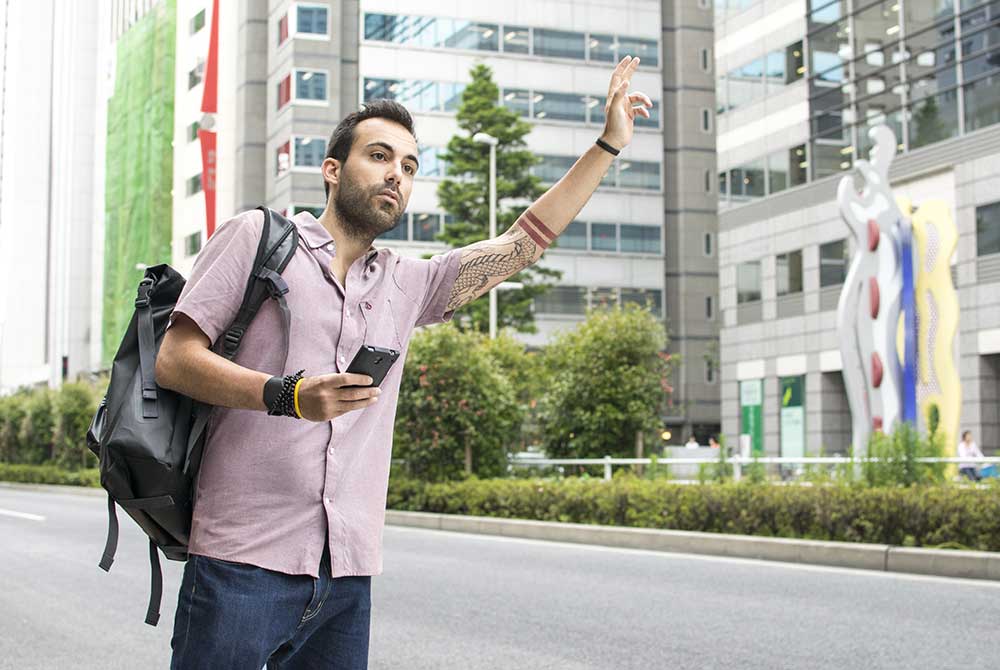
The typical settlement for an Uber accident can vary widely based on the extent of the injuries and other
Blog

The most recent report from NHTSA indicates that the overall number of traffic fatalities dropped by
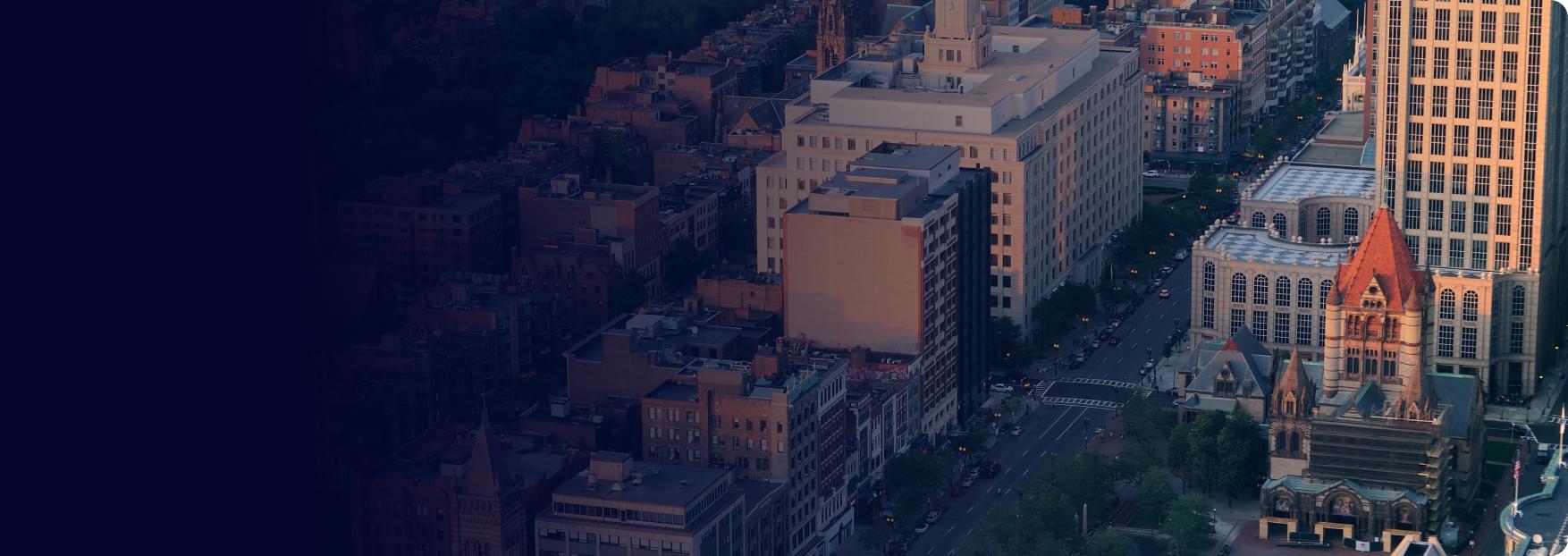
30-Day, Risk-Free Guarantee
In the event that you are dissatisfied within the first 30 days, you may have your file returned to you by the firm, free of charge.
